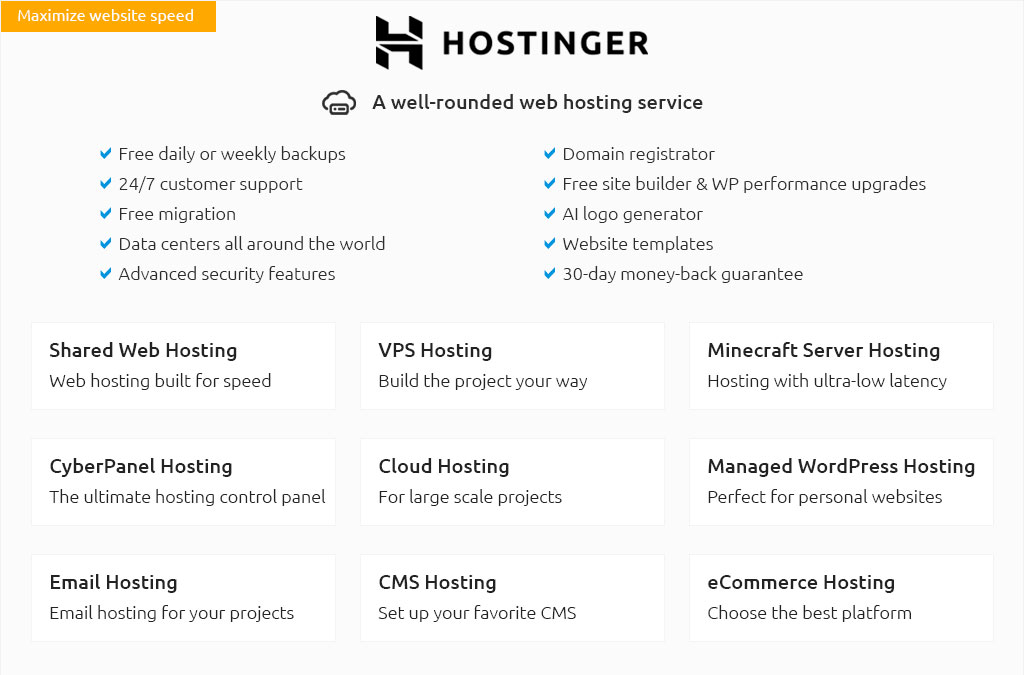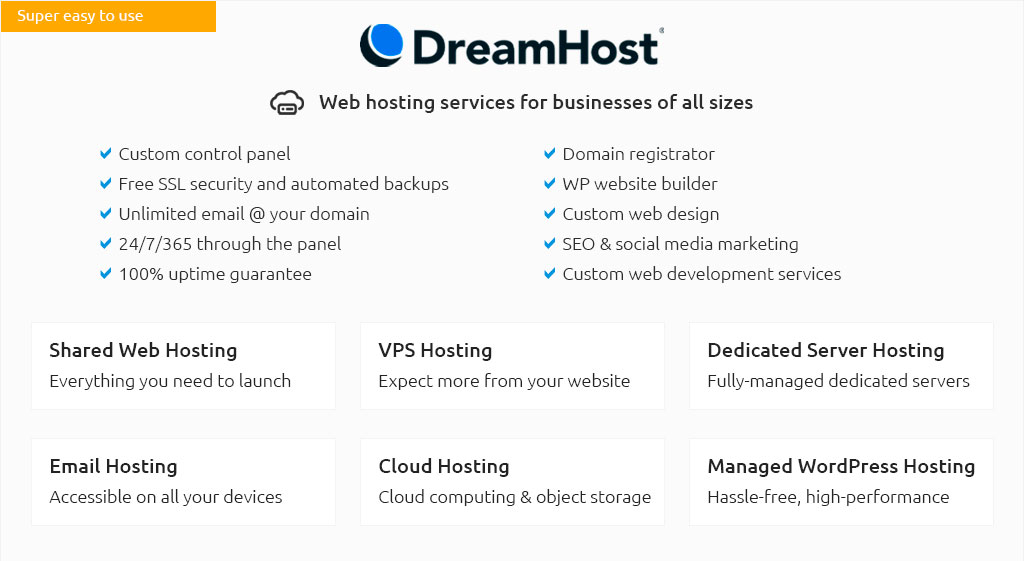 |
|||
 |
 |
 |
|
 |
|
 |
 |
 |
|||
 |
|||
 |
|||
 |
|||
 |
 |
|
Unlock the ultimate power of affordable excellence with our 'Web Hostings Review'-where the spotlight shines on 'Cheap Windows Server' solutions that defy the ordinary, offering unparalleled performance without breaking the bank; discover a realm where budget meets brilliance, and innovation is at your fingertips, as we dissect, analyze, and reveal the best in the industry, ensuring you not only stay ahead of the curve but also redefine it with hosting that’s as robust as it is affordable-because your online presence deserves nothing less than exceptional.
https://virmach.com/
Win2G Windows Server. The cheapest Windows VPS option. - 8.75* - 2 GB RAM (Dedicated, DDR4.) ; Win4G Windows Server. The best Windows VPS for most users. - 17.50* ... https://www.reddit.com/r/VPS/comments/1759teo/very_cheap_windows_vps_for_testing_purposes_5_per/
I have only tested windows VPS on azure, if you go with windows server 2016 its minimum specs are even compatible with a B1s shape (1 GB RAM) ... https://www.liquidweb.com/blog/cheap-windows-vps-hosting/
Liquid Web, Kamatera, InterServer, Hostwinds, and GoDaddy are the best cheap Windows VPS hosting providers. Achieve optimal VPS performance by monitoring ...
|